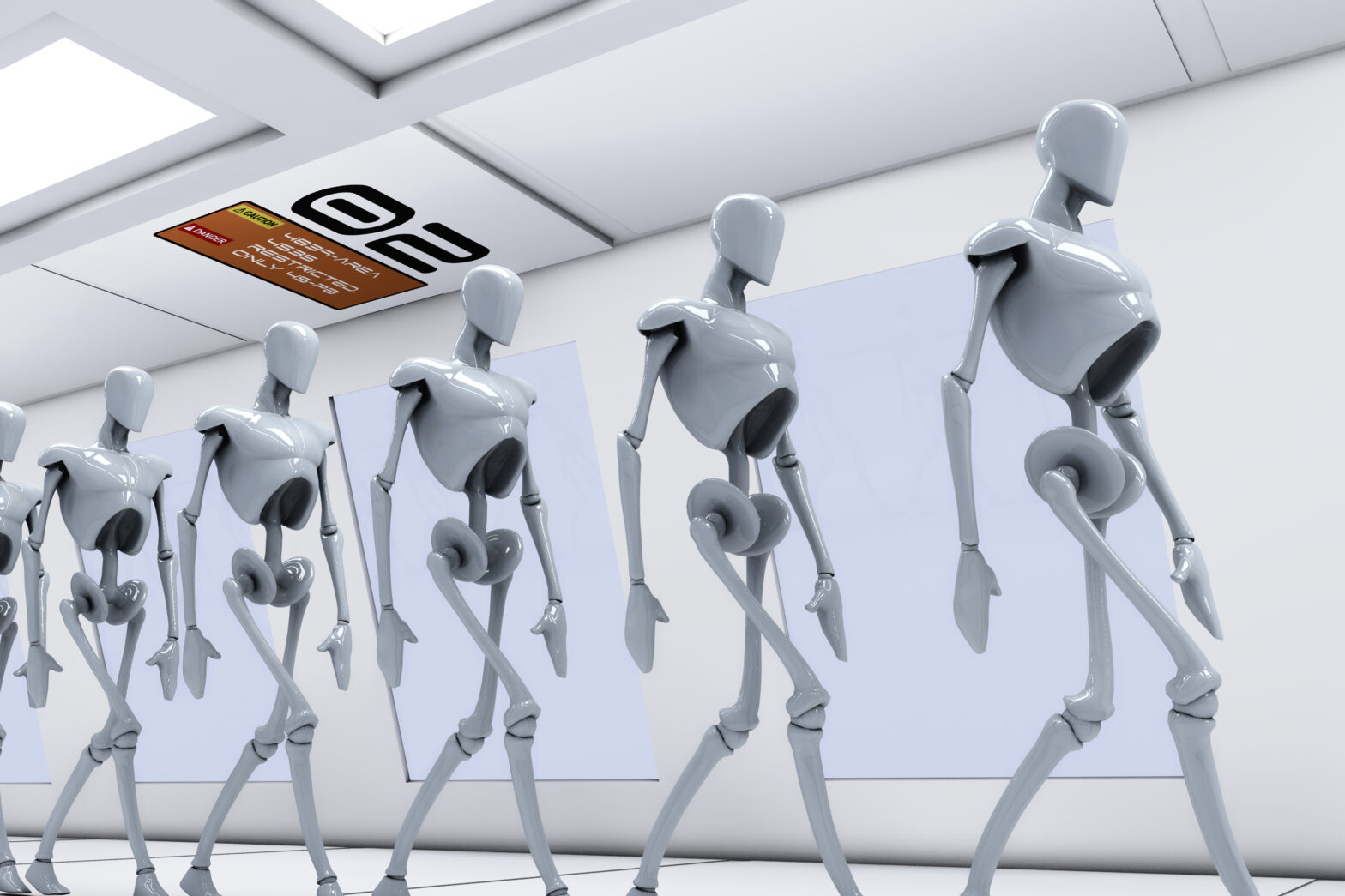Microsoft made headlines for its update to Cortana for Windows 10, which will be able to scan emails and remind users about tasks they may have forgotten. It will also be able to learn users’ daily scheduling habits and point out potential conflicts before they arise.
This transformation is already occurring in some workplaces and it’s making a positive impact. Recent global research by Avanade of 500 business and IT leaders indicated that 63% of companies are already experiencing key benefits from their smart technology investments.
More than ever, machines are capable of imitating human thinking and decision-making across a raft of workflows, which presents exciting opportunities for companies to create highly personalised customer experiences, as well as drive unprecedented productivity and efficiency.
UK consumers also see the potential for smart technology in the workplace to improve the quality of their work. In fact, over half of UK workers (52%) said smart technologies will help them in their jobs in the future, according to a recent UK consumer study.
>See also: Just paranoid? We break down the top three Internet of Things conspiracy theories
Wind-tunnel tests are crucial for Williams Martini Racing — but the company struggled with time-consuming manual checks to ensure that expensive prototypes would not damage or be damaged by the even more expensive testing facility.
These pre-test manual checks were a highly iterative process, consuming the time of the aerodynamicists who requested them, and of the lead engineer who had to cleanse the data rather than focus on providing more effective testing protocols and facilities.
Avanade came up with the concept of a Sequence Validator that gets prototypes into the wind tunnel faster and helps to ensure a higher degree of success once they’re there. It used an agile software development approach to get the sophisticated solution to Williams in just three months.
The solution digitally automates the previously manual process of analysing and running quality checks on service requests from the organisation’s aerodynamicists, to help ensure the combinations of prototype designs and requested wind tunnel simulations can be performed safely.
As a result of this smart technology implementation, Williams saves 300 personnel-hours per year and the lead engineer reinvests that saving in developing new innovative testing methodologies and test facility enhancements, which drive better and faster development of new cars and car technologies.
It is clear that smart technologies offer clear benefits to businesses and to employees, including the opportunity to increase revenues, improve the customer experience via deeper insights, and increase employee satisfaction in today’s digital world.
The next wave of smart technologies, connected things and intelligent automation is already changing the digital workplace and benefiting the enterprise.
A smart investment
Just how substantial are these benefits? 61% of UK business leaders have already made significant investments in smart technologies and are benefiting from higher revenues, improved customer experience and increased employee satisfaction.
More specifically, over the next five years, UK business and IT leaders anticipate smart technologies will drive, on average, 30% increase in revenues.
And because today’s brightest employees want to work in a digital workplace (or on a racetrack like Williams), organisations also expect to gain an edge in the war for talent. A third of UK business and IT leaders believe it will be easier to attract and retain top talent as they increase their reliance on smart technologies in the workplace.
Williams is not the only company that is trying to be the fastest on the track – all companies want to be first to the finish line. In order to realise these benefits, however, companies must re-think how, when and what type of work gets done.
The results showed that a majority of organisations are adapting to smart technologies by increasing their focus on retraining current employees, creating new roles, and re-organising their structure.
Organisations will also be looking to hire more skilled workers to make more complex decisions. In-demand skills will include problem solving, data analysis, critical thinking and collaboration.
In addition to these fundamental changes to the workplace, smart technologies are also ushering in a new set of ethical challenges for UK business leaders. They enable a degree of automation and insights that were not possible just a few short years ago, but they can create moral and human dilemmas for those who work with them.
Six in ten UK consumers accept that their employers passively collect data on their online behaviours, but are less comfortable with that data being analysed.
To address these dilemmas, humans – not machines – will need to develop a digital ethics framework that makes sense for their organisations, how they collect data and how they apply it to their services.
>See also: Smart homes are here – but without these key elements they won't be transforming our lives soon
Three in four UK business and IT leaders believe their organisation has not given enough thought to the workplace ethical dilemmas created by the increased use of smart technologies.
Intentions for businesses are clear, however, with a majority targeting up to 10% of their IT budget to invest in digital ethics in the next five years.
As UK companies begin to prioritise addressing ethical issues that may arise from the use of smart technologies in the workplace, they should consider establishing a digital ethics framework now.
While the adoption of smart technologies and the predictions of our workforce changing may seem threatening to some, others see it as a way to make their digital workplace successful.
Don’t be last to the finish line – start considering a workplace in which technologies get smarter and to free us up to work on more strategic initiatives that drive value, revenues and job satisfaction.
Sourced from Mark Corley, head of digital, Avanade UK










